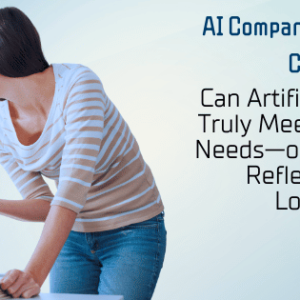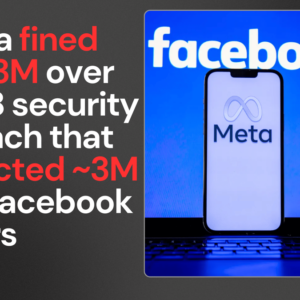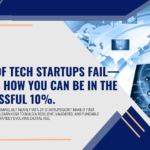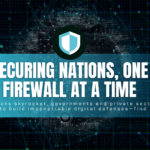Think your data is safe because you’re not a big company? Think again! Many people believe common myths about cybersecurity that can leave their personal information vulnerable to attacks. In this blog post, we’ll debunk five major cybersecurity myths that are putting your data at risk. Understanding these misconceptions is crucial for protecting yourself in our increasingly digital world.
Myth #1: Only Large Companies Get Targeted by Hackers
Many people think that hackers only go after big corporations with deep pockets. This couldn’t be further from the truth!
The Reality
Small businesses and individuals are often easier targets because they may not have robust security measures in place. For example, a local coffee shop might store customer payment information without proper encryption, making it a prime target for cybercriminals.
Risks for Everyone
- Data Breaches: Even small businesses can face significant data breaches that compromise customer information.
- Financial Loss: A cyber attack can lead to substantial financial losses, affecting not just the business but also its customers.

Myth #2: Antivirus Software Alone Keeps You Safe
Many people believe that having antivirus software is enough to protect them from all cyber threats. While antivirus programs are essential, they’re not a complete solution.
Why This Belief is Dangerous
Relying solely on antivirus software can create a false sense of security. Cybercriminals use various tactics that antivirus programs might not catch.
Biggest Vulnerabilities
- Phishing Attacks: These attacks trick users into revealing personal information through deceptive emails.
- Outdated Software: Failing to update software can leave systems vulnerable to exploits that antivirus software cannot detect.
Myth #3: Cybersecurity is Only for IT Professionals
Another common myth is that cybersecurity is solely the responsibility of IT professionals. In reality, everyone plays a role in keeping data secure.
Why Everyone Matters
Every employee or individual can be a potential entry point for hackers. Simple mistakes can lead to significant vulnerabilities.
Examples of Common Risks
- Phishing Emails: These deceptive messages can fool anyone, regardless of their technical expertise.
- Weak Passwords: Using easily guessable passwords puts everyone’s data at risk.
Myth #4: Hackers Only Use Complex Methods to Break In
Many believe hackers rely on sophisticated techniques to breach systems. However, most attacks are surprisingly simple.
Common Methods Used by Hackers
- Weak Passwords: Many people still use easily guessable passwords, making it simple for hackers to gain access.
- Social Engineering: This involves manipulating individuals into revealing confidential information, often through impersonation.
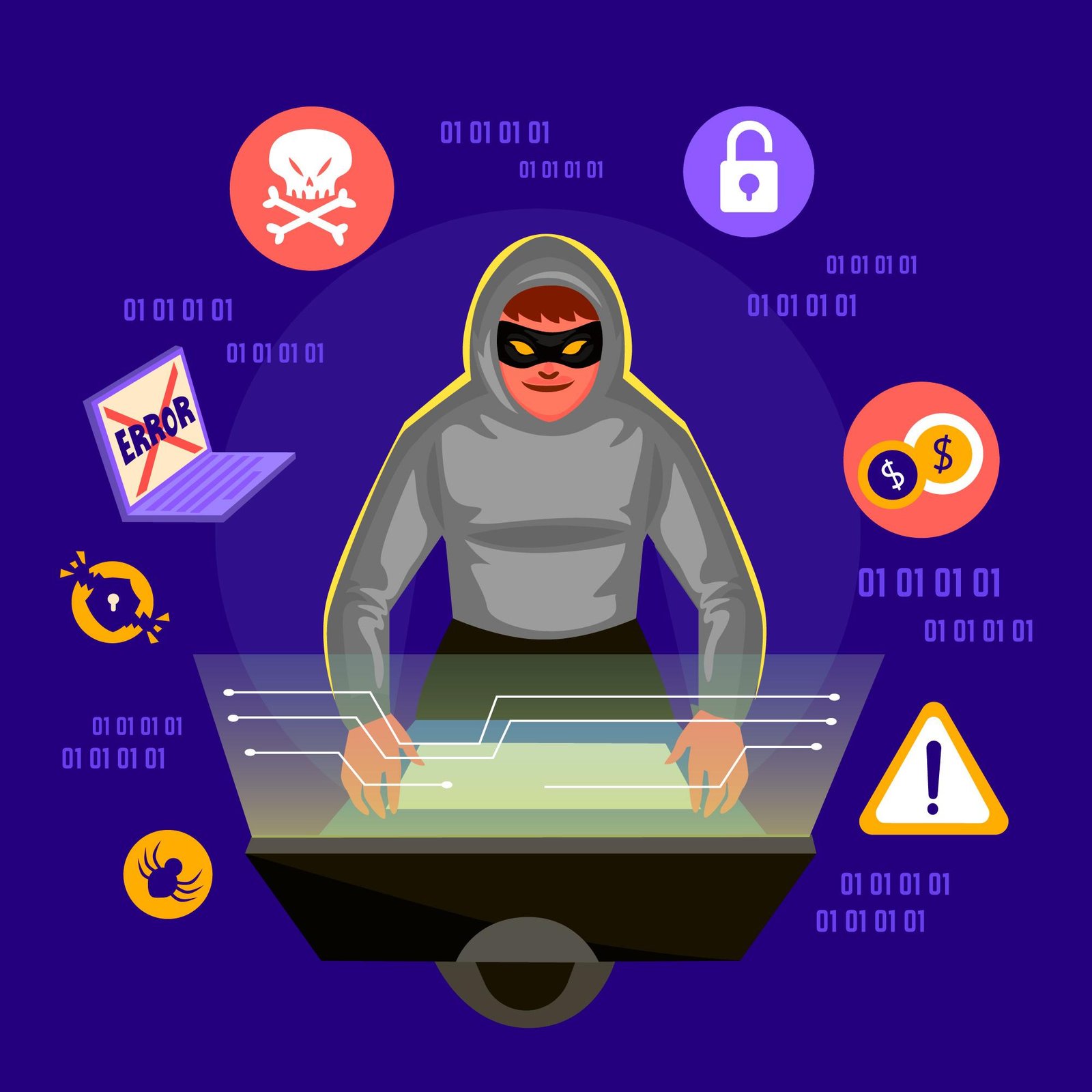
Myth #5: Public Wi-Fi is Safe if It’s Password-Protected
Many users think that as long as a public Wi-Fi network has a password, it’s safe to use. Unfortunately, this is another dangerous misconception.
The Reality of Public Wi-Fi Risks
Even password-protected networks can be vulnerable. Hackers often set up fake networks that mimic legitimate ones, tricking users into connecting.
Tips for Staying Safe on Public Networks
- Use a VPN: A Virtual Private Network encrypts your internet connection, making it harder for hackers to intercept your data.
- Avoid Sensitive Transactions: Try not to access sensitive accounts or make purchases while on public Wi-Fi.
Conclusion
Understanding these five cybersecurity myths is crucial for protecting your data in today’s digital landscape. From the misconception that only large companies are targeted by hackers to the belief that antivirus software alone is sufficient, these myths can leave you vulnerable to cyber threats.
Take proactive steps today to safeguard your information and stay informed about best practices in cybersecurity!
Want to learn more? Check out our guide on strengthening your cybersecurity defenses here. Protecting your data starts with understanding the risks and taking action!



